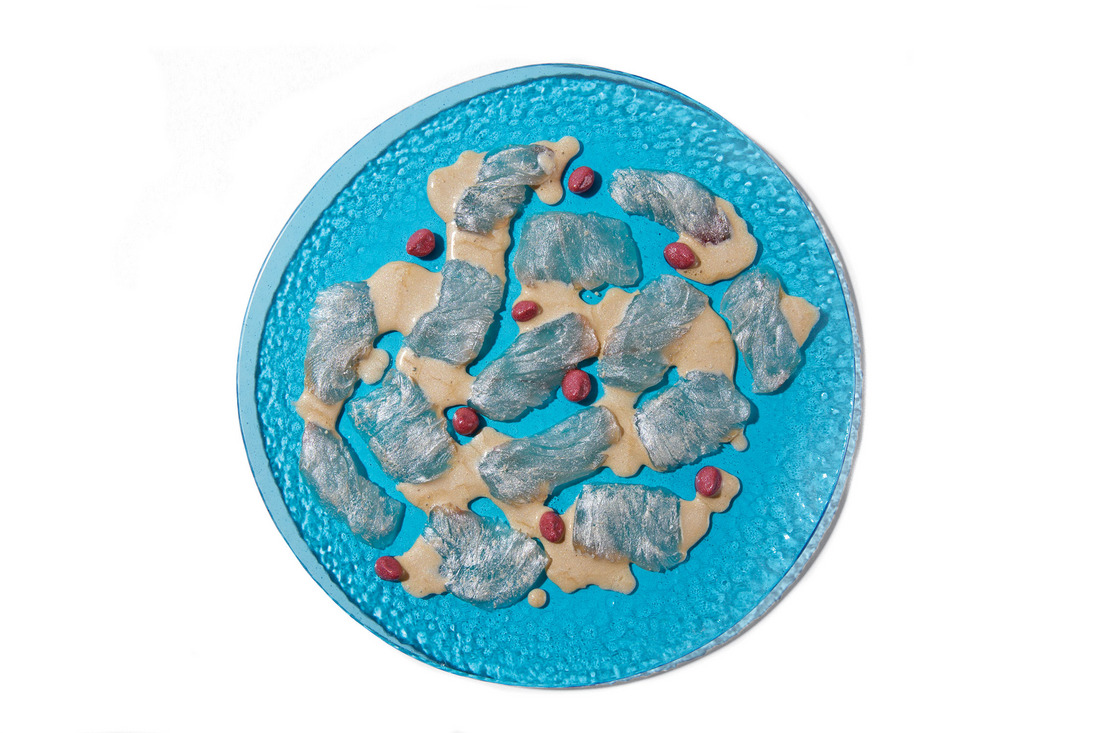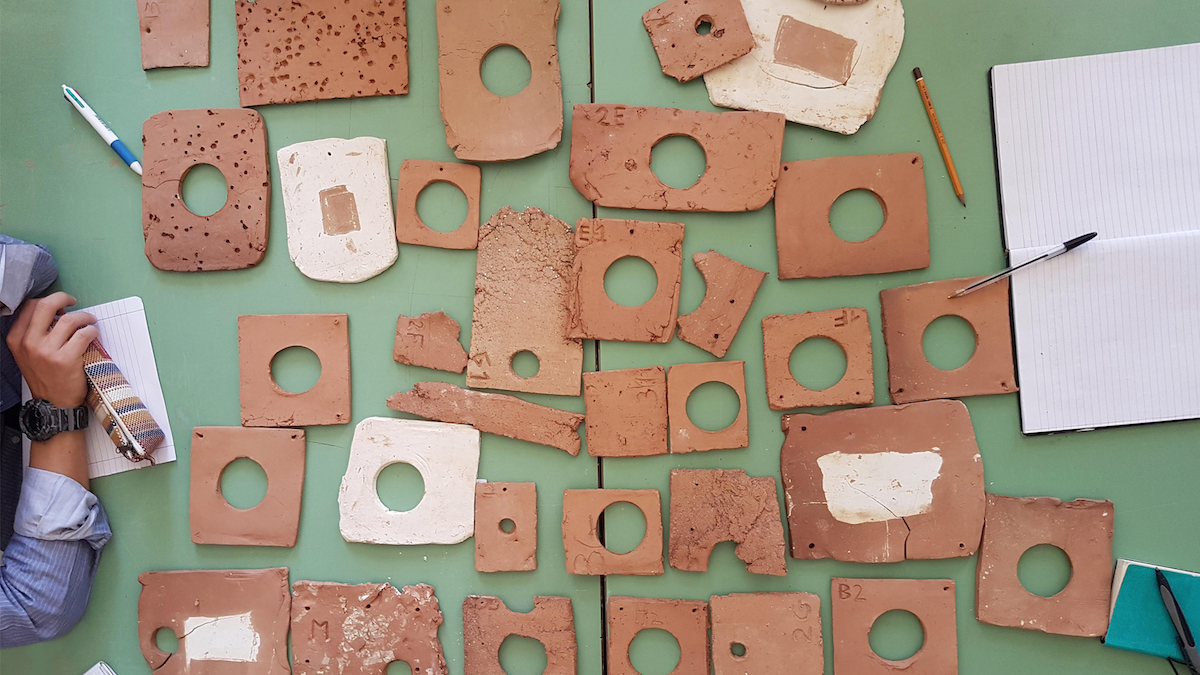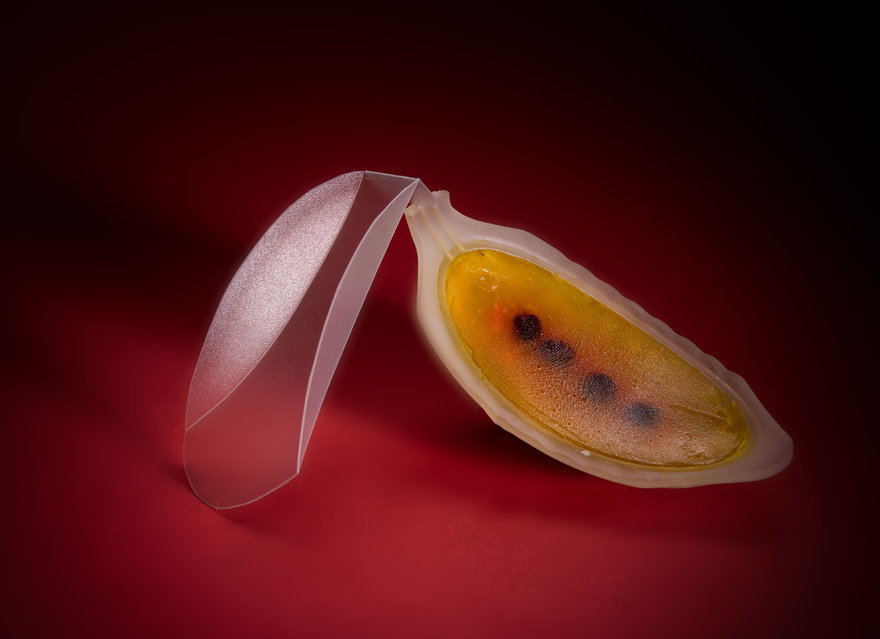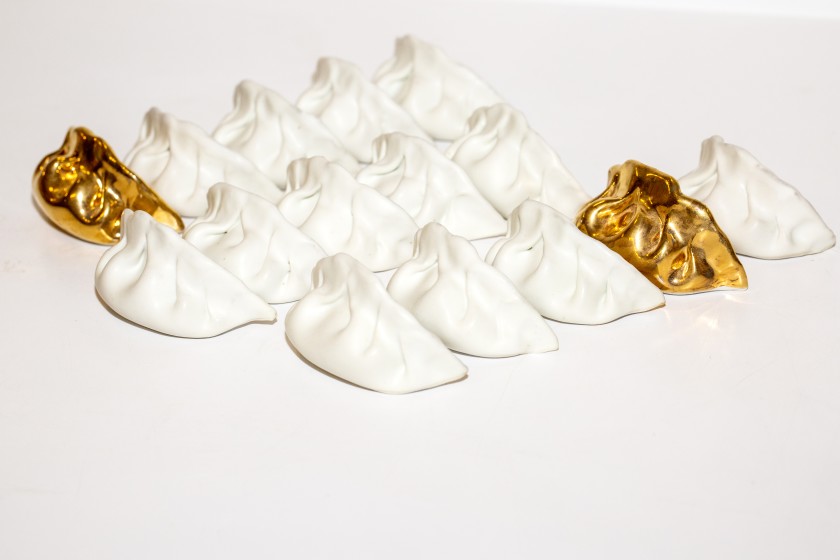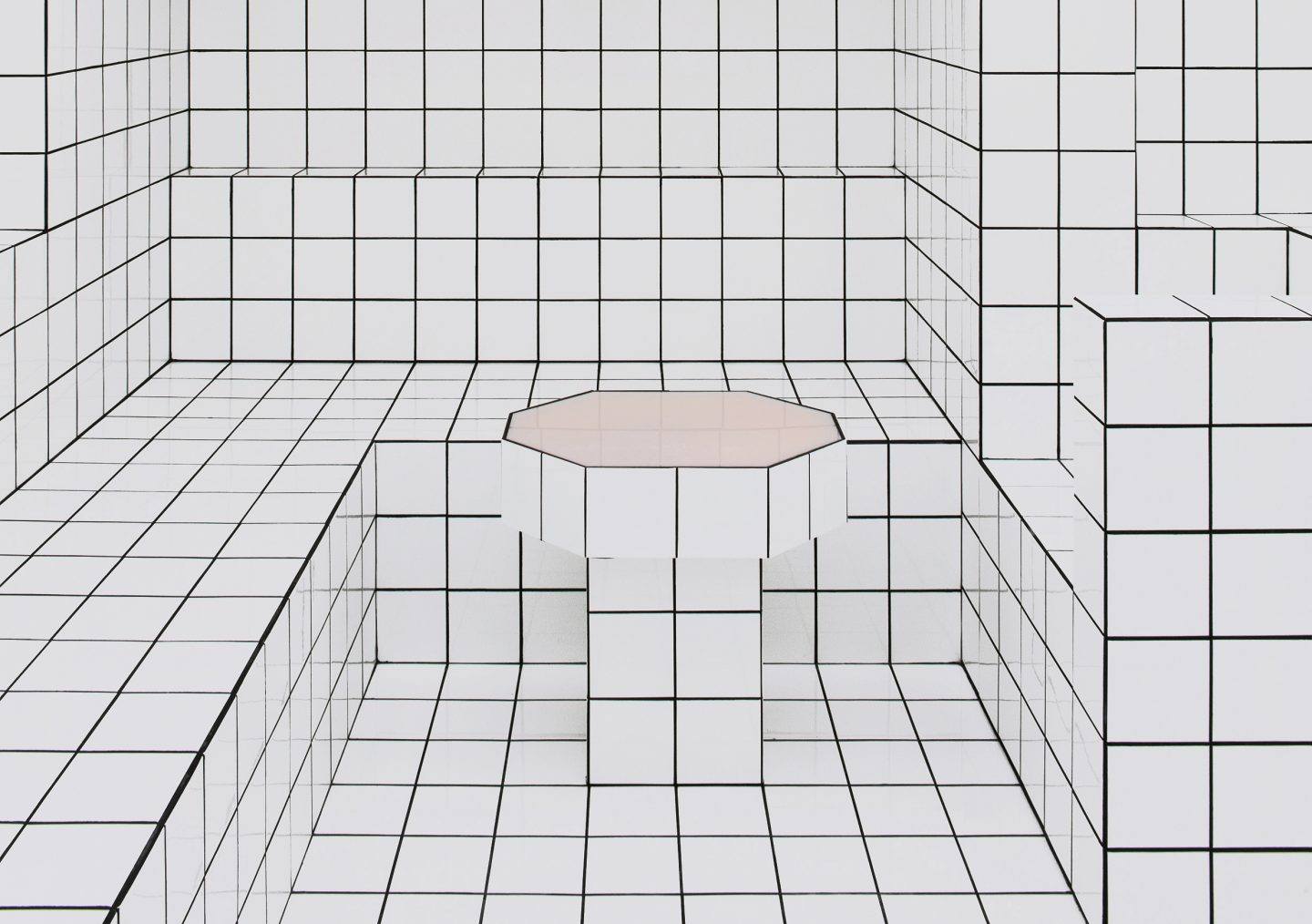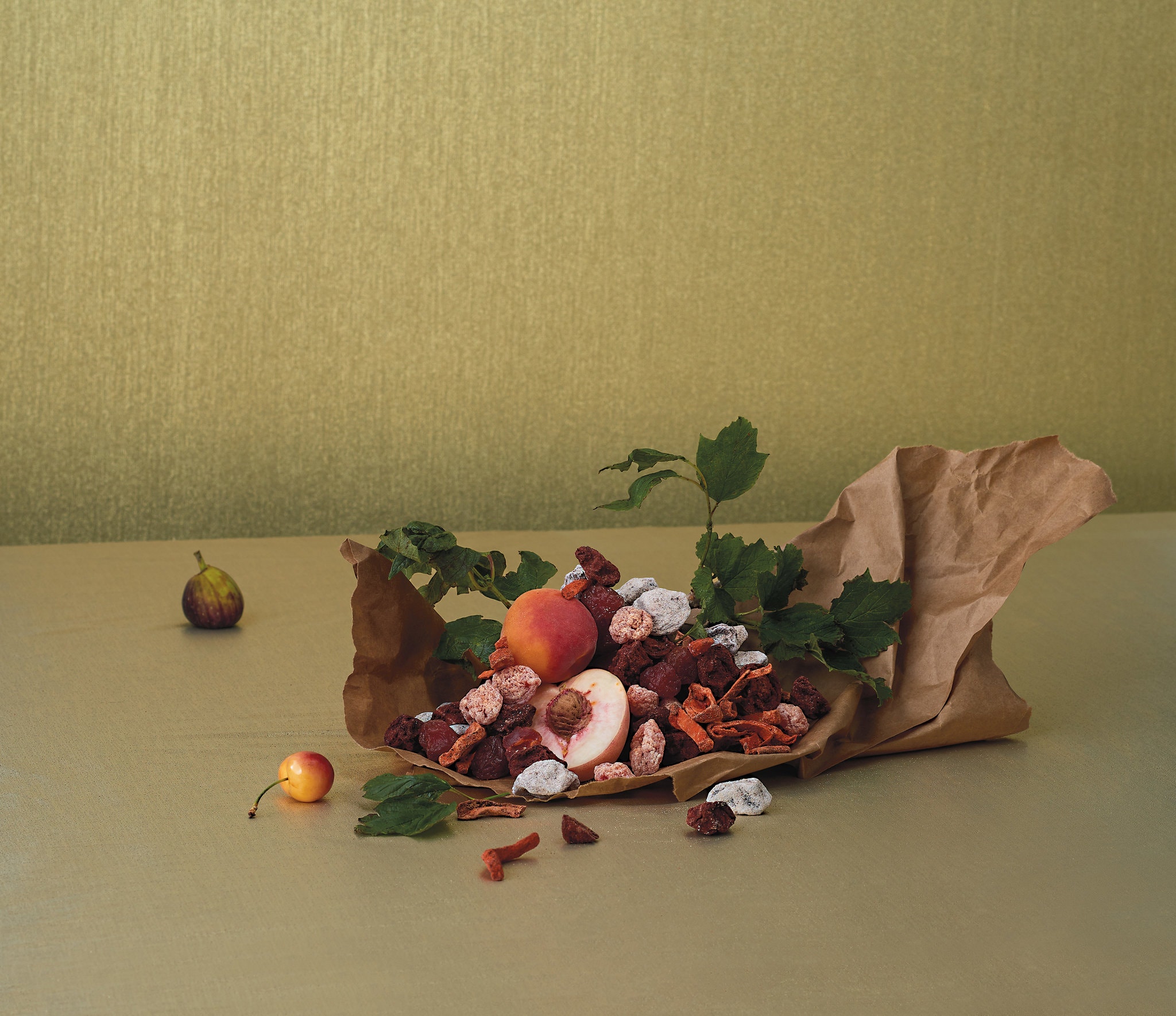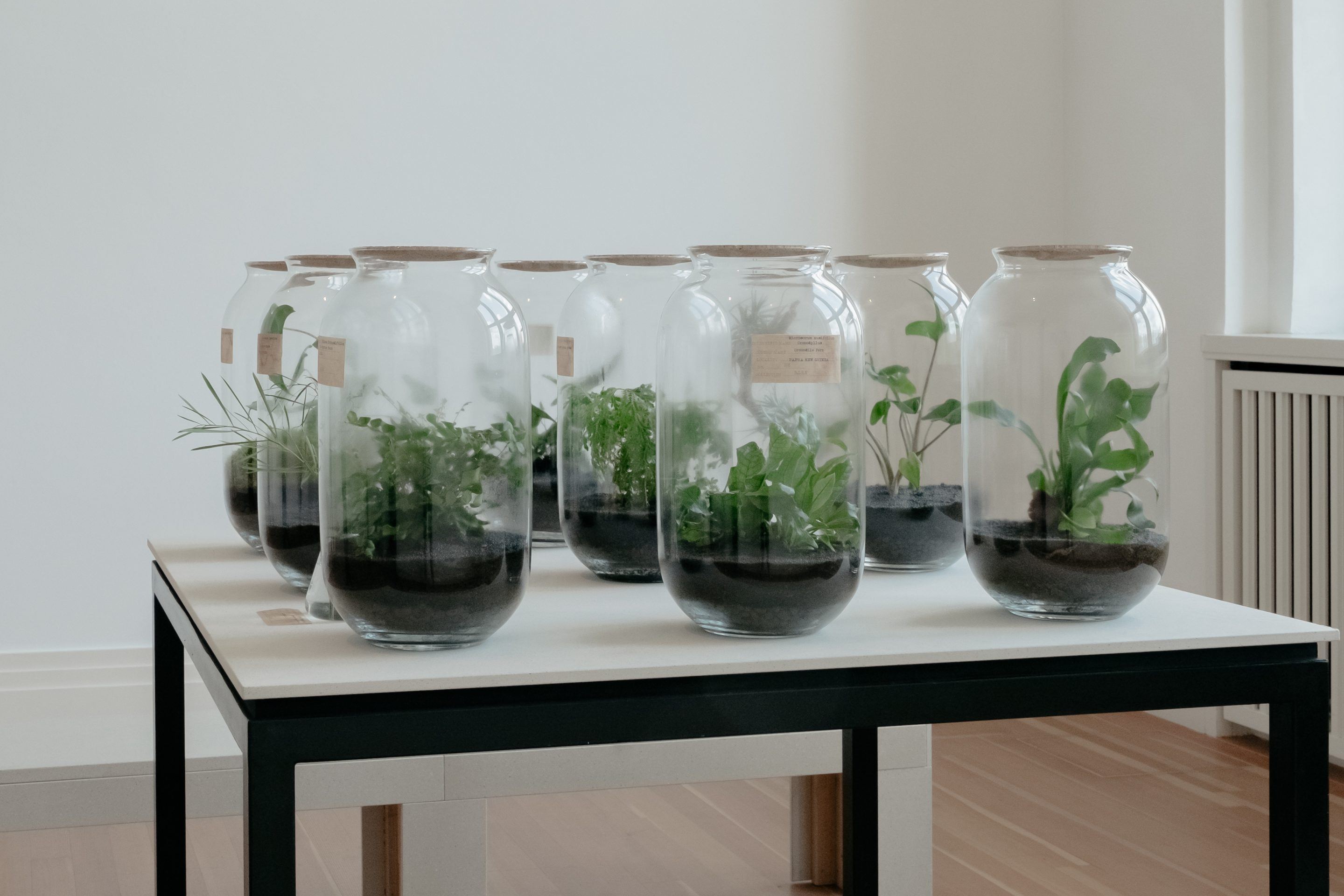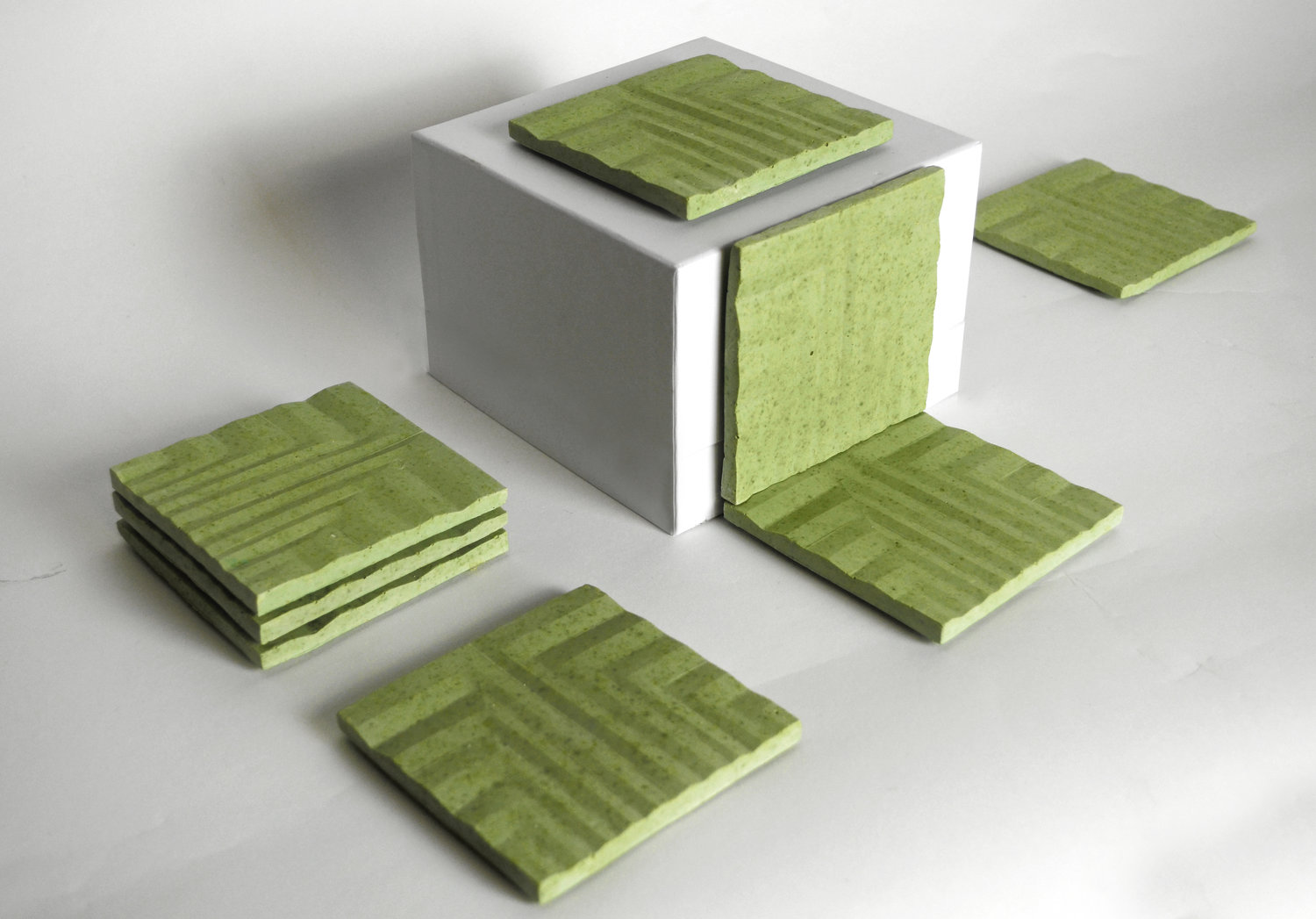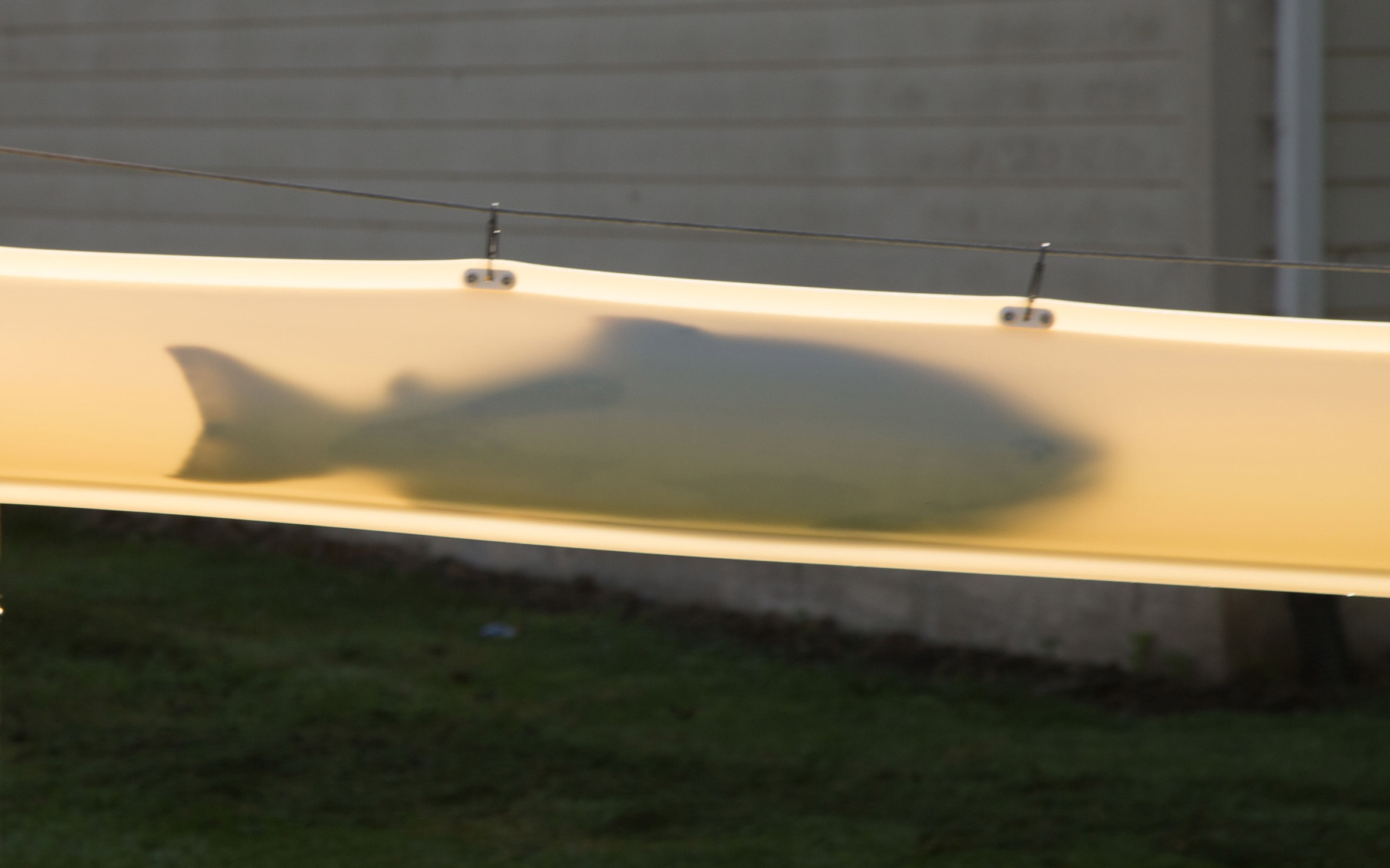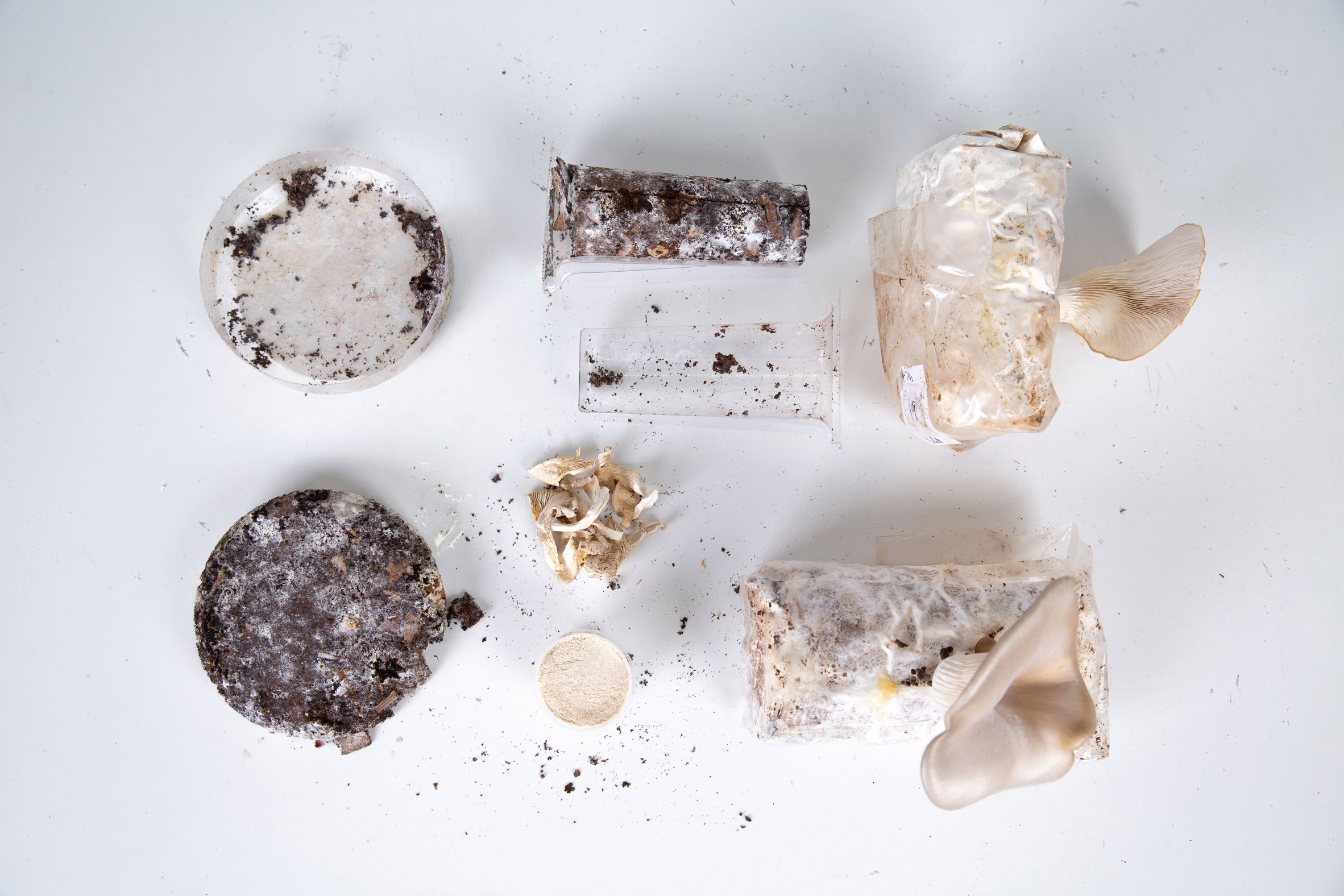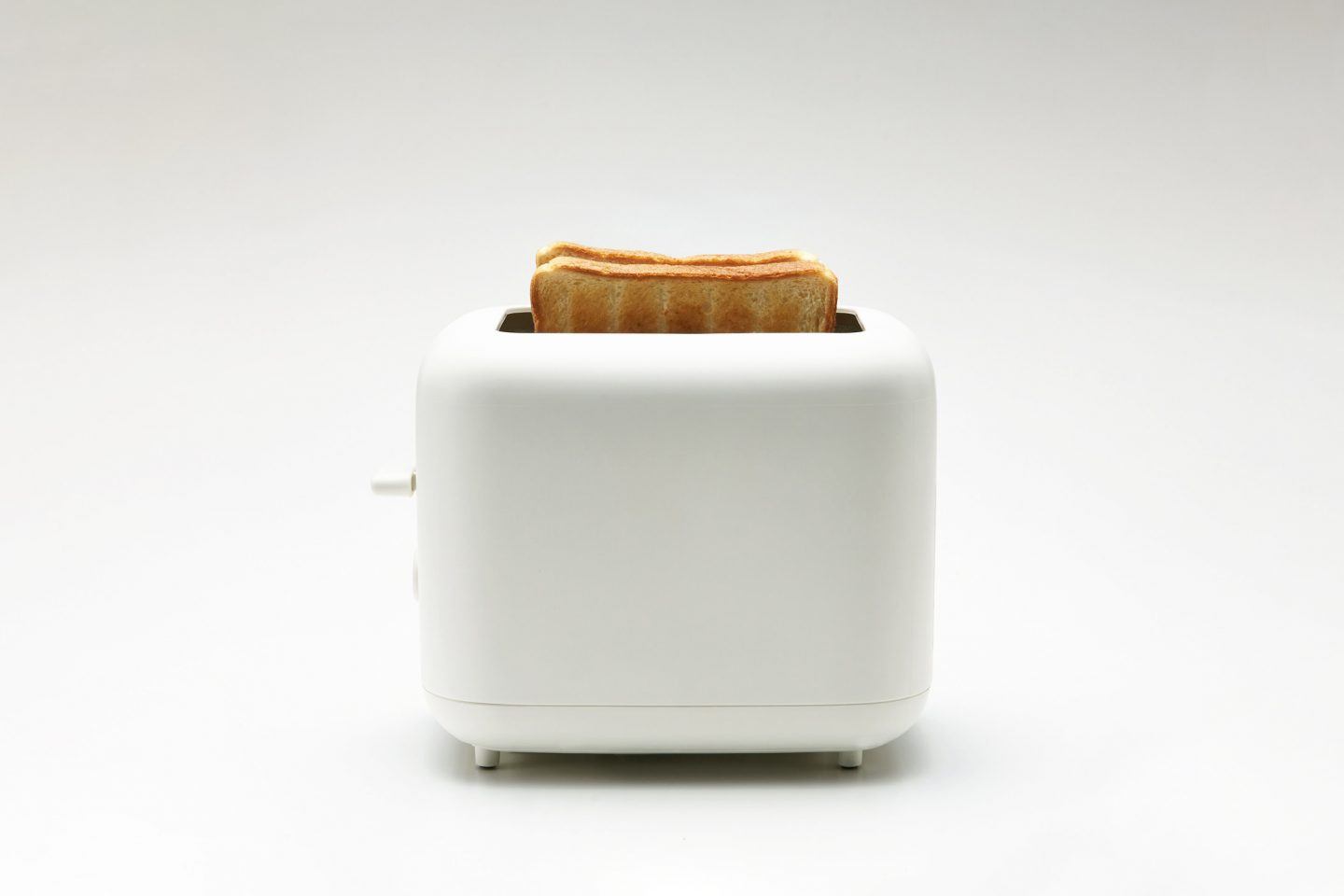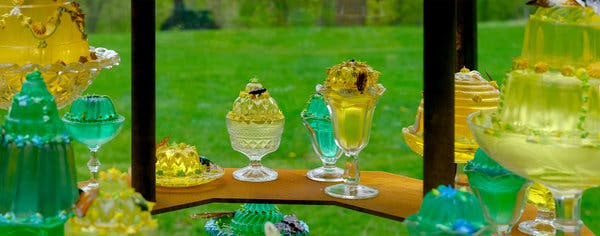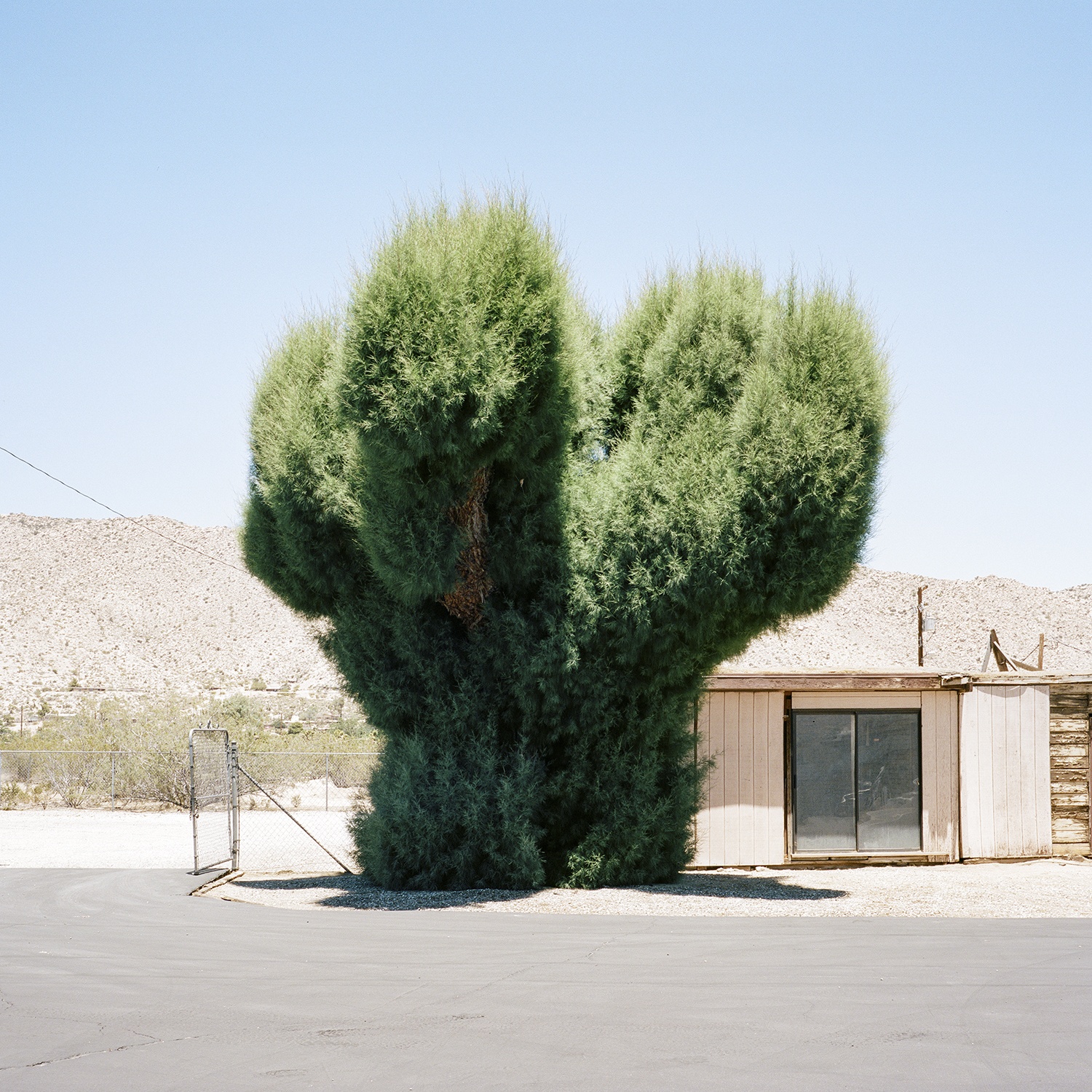Our weekly serving of off-the-menu items – a few popular favorites from the week, as well as a few morsels that may have slipped your notice.
 GoodFor’s eco-friendly mission takes the forefront in their marketing strategy and advertising.
GoodFor’s eco-friendly mission takes the forefront in their marketing strategy and advertising.
GoodFor’s Package Free Store Model and Marketing
New Zealand-based packaging-free grocer GoodFor is using its plastic-free model as both a marketing strategy and encouragement for waste-free lifestyles. The store acts as a whole foods refillery, where people are prompted to bring their own containers, and all food is scooped and weighed by the customers. GoodFor’s interior design and advertisements reflect the message of the brand, sporting short, accessible quotes like “shop. refill. repeat.” in an effort to make their eco-friendly ethos clear and easy.
 Melissa Coppel has grown her wholesale chocolate business into chocolatier classes, and what is soon to be an online shop.
Melissa Coppel has grown her wholesale chocolate business into chocolatier classes, and what is soon to be an online shop.
A Chocolatier That Shares her Secrets
Among the world of chocolatiers, recipe secrets and techniques are seldom shared. Changing the way chocolate making is taught, nestled in a Las Vegas strip mall, is Melissa Coppel. Although Coppel’s background lies in pastry, she switched to working with chocolate exclusively when she founded her own wholesale chocolate company in 2012. When Coppel started her own school in 2016, the precision and creativity behind her chocolates brought chefs from around the world to her classes.
 Creating health conscious fat substitutes from plant-based fibers could help fight heart disease.
Creating health conscious fat substitutes from plant-based fibers could help fight heart disease.
Edible Fats Made from Wood-Based Fibers
Norwegian biorefinery Borregaard works to replace oil-based products with environmentally friendly biochemical, biomaterials, and biofuel. The company’s most recent innovation is a wood-based fiber that can replace fat in foods. The fiber purportedly provides the same physical characteristics of fats, like color and texture, without sacrificing flavor. Borregaard hopes that the new fat-replacement can be used to cut down on the saturated fats and calorie counts that are linked to heart disease.
 AccorHotels has began constructing urban farms and gardens at some of their locations since 2012, and now plans to expand the farming system to locations around the globe.
AccorHotels has began constructing urban farms and gardens at some of their locations since 2012, and now plans to expand the farming system to locations around the globe.
AccorHotels Launches Plans to Expand Urban Farming
With 4,500 locations worldwide, hospitality brand AccorHotels has promised to install urban gardens in nearly a fourth of its hotels by 2020. This undertaking accompanies AccorHotels’ mission to reduce food waste and shorten the supply chain between grower and consumer at its hotels. In addition to the introduction of urban gardens, the company encourages its hotels to buy local produce and support small farmers, while some locations have even installed rooftop beehives.
 The new McDonald’s’ design marks a stark departure from their past in-your-face, classic fast food marketing.
The new McDonald’s’ design marks a stark departure from their past in-your-face, classic fast food marketing.
McDonald’s’ New Design May Mute its Classic Golden Arches
McDonald’s has now announced plans to renovate 1,000 restaurants each fiscal quarter, hoping to introduce a focus on muted, sophisticated design in their buildings. The move stems from contemporary shifts in the restaurant industry towards design-heavy structures, with customers expecting accents like modern furniture and raw wood in all restaurants, no matter the type of food they’re serving. The understated nature of the new McDonald’s’ aesthetic extends to the infamous golden arches, which are underemphasized and less visible in models of the restaurant’s new design.
